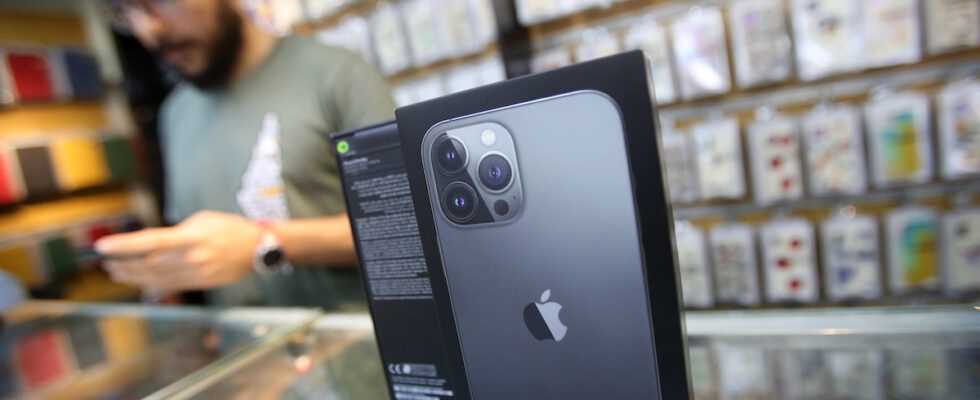Is your refurbished smartphone really? The question arises after the publication of a scathing report by the Directorate General for Competition, Consumer Affairs and Fraud Control (DGCCRF), according to which more than half of distributors specializing in the resale of refurbished smartphones and tablets would not respect the initial promise of reconditioning: namely to resell devices “whose condition and operation have been verified and which, if necessary, have been the subject of a technical intervention intended to restore them”.
While “the use of the term reconditioned has now become a real selling point”, the DGCRRF has set out to “verify the fairness of the allegations appearing in the commercial offers, in particular those relating to the carrying out of the tests”. The result is enough to make you dizzy. Based on a survey of 84 stores and online sales sites, the Authority responsible for verifying whether companies comply with consumer law reports that 62% of them would voluntarily confuse the resale of refurbished products and second-hand products.
In fact, the general public’s enthusiasm for refurbished goods attracts many unscrupulous traders. There is reason: 2.8 million refurbished smartphones were sold in 2020, or 25% more than in 2019, authorities estimate. In total, refurbished products accounted for 13% of all smartphones sold in 2020… Enough to whet the appetite of a number of distributors unwilling to play the refurbished game.
Confusion fueled by unscrupulous distributors
In its investigation, the DGCCRF tackles in particular the insufficient pre-contractual information on the state of electronic products. For her, merely indicating that a refurbished device is sold “in very good condition”, “in good condition” or in “perfect condition” is not sufficient. “In general, the elements provided to consumers did not allow them to know the possible degree of loss of quality of use of the equipment, nor to compare the products with each other or to compare a reconditioned product with a new product” , indicates the Authority at the end of its report.
It also regrets shortcomings in the certification of reconditioned products, which require the use of an accredited third-party body. The DGCCRF also points the finger at the confusion fueled by certain unscrupulous traders between the legal guarantee, of two years for second-hand products as well as for new products, and the commercial guarantee, which is often payable.
In total, the Autorité’s investigation gave rise to 27 administrative injunctions and 26 warnings. “This survey, which had above all an exploratory aim, shows that it is important to support the establishment of reconditioning channels to enable it to continue its development while ensuring optimal consumer information”, indicates the DGCCRF, which indicates that the report may give rise to a modification of the current regulations.
